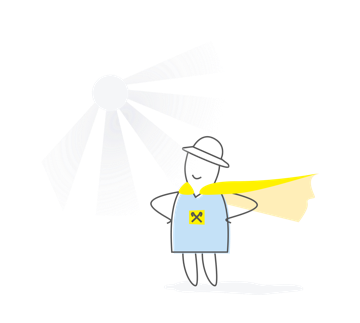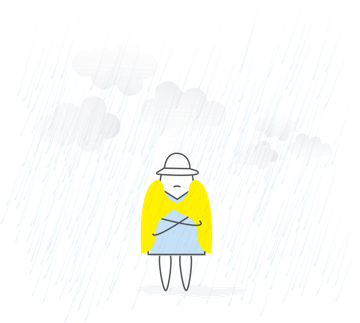Over 100 shelters built to ensure safe education thanks to the “ZAKHYSTOK: Safe Education” program

Raiffeisen Bank and the KSE Foundation have summarized the results of the “ZAKHYSTOK: Safe Education” program — an initiative aimed at returning Ukrainian schoolchildren to in-person learning by equipping educational institutions with shelters.
The “ZAKHYSTOK: Safe Education” program was launched in 2022 in response to the educational crisis caused by the full-scale war. It was initiated by the KSE Foundation in partnership with the Ministry of Education and Science of Ukraine. Raiffeisen Bank became the largest donor of the initiative, investing UAH 40 million to build safe shelters in schools and kindergartens.
As of June 1, 2025, the program has achieved the following results:
- Over 100 shelters have been installed in schools and preschools across Ukraine;
- 37,000 children have returned to face-to-face learning despite the ongoing war.
One of the schools that received a new, modern shelter thanks to the program is Tetiyiv Lyceum №4 in Kyiv region. The school is attended by 368 students and employs 38 teachers. Its curriculum includes cadet classes, a specialized philological high school, and experimental teaching platforms for educators.
The school serves children from 12 villages in the community. Among the students are internally displaced children, orphans, children with special educational needs, and those from large or low-income families, as well as children of military personnel.
The newly constructed 395 m² shelter provides safe conditions for in-person education even during air raid alerts.
The TSN news team visited the shelter at Tetiyiv Lyceum and prepared a video story about the changes brought by the “ZAKHYSTOK” program. Watch the video on the TSN YouTube channel: https://www.youtube.com/watch?v=fT6VTckTLBk
Despite the tremendous efforts of teachers and parents, access to full-scale education during the war remains a major challenge. According to experts, regular air raid alarms result in primary school students missing between 3 and 72 lessons per month. The situation is worst in the Sumy region.
This is why the program places special focus on border and de-occupied regions, where the learning process suffers most from frequent air raids and the threat of shelling.
Online learning, which could partially compensate for lost classroom time, has not proven effective. According to a KSE survey conducted in April 2025, only 9% of parents consider online education effective. Most report chaos, screen addiction, and a lack of structure.
Moreover, data from the international PISA-2022 study show that students from rural areas lag significantly behind their urban peers. The gap in math, reading, and science knowledge is equivalent to four to five years of schooling — further underlining the importance of ensuring access to quality in-person education.















